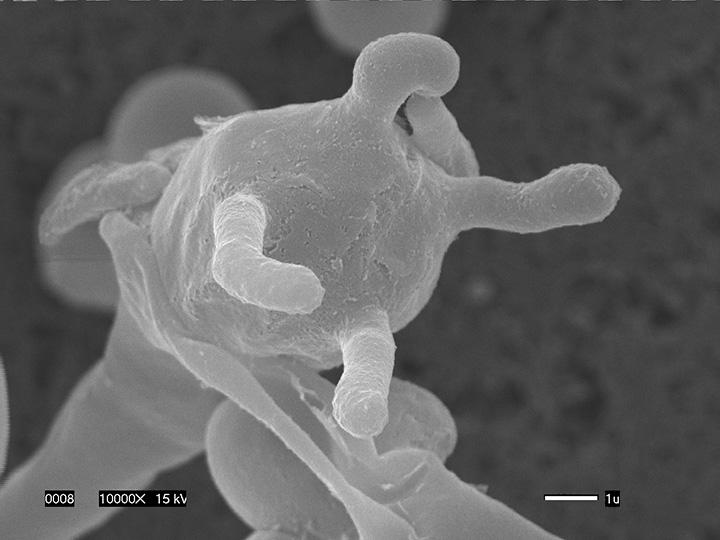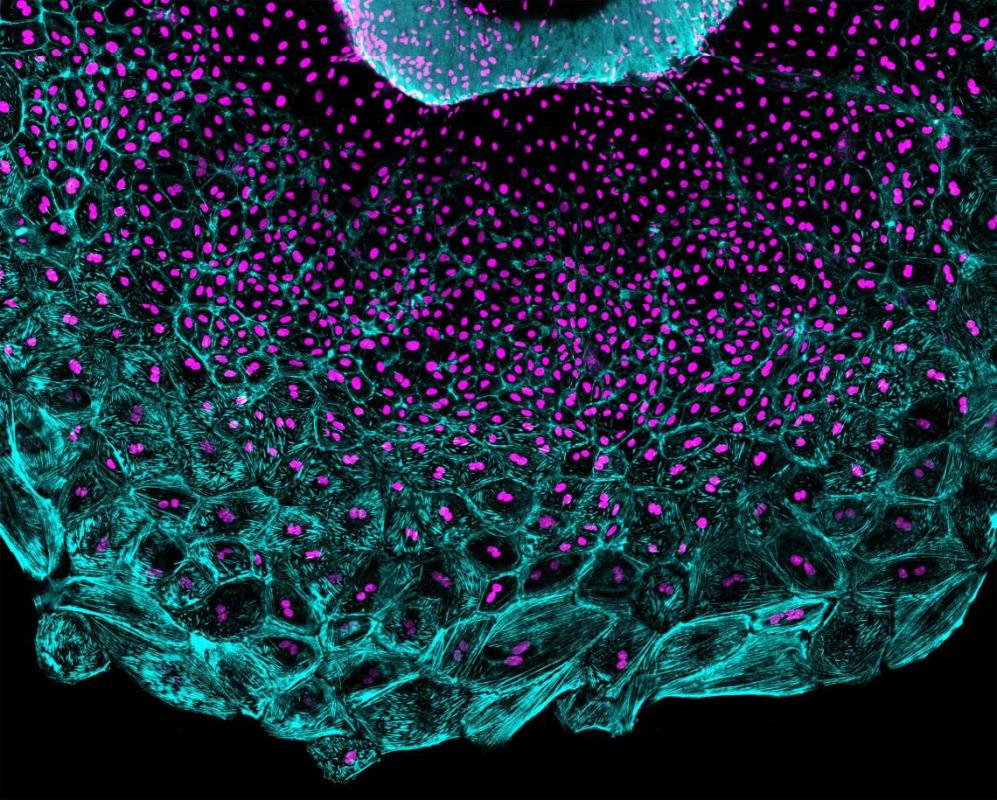Clinical Research Appreciation for Faculty and Staff, October 10th
The 2017 Annual Clinical Research Appreciation Event sponsored by the Duke Office of Clinical Research was a resounding success. Over 600 attendees enjoyed networking with colleagues and meet
Researcher and lymphoma survivor Kris Wood is finding answers.
Why do perfectly good cancer treatments suddenly stop working? Researcher and lymphoma survivor Kris Wood is finding answers. Wood’s research focuses on cancer resistance: the ability of cancer cells to activate effective biochemical defenses to protect themselves from the drugs we use to fight them.
Study Shows Minimally Invasive Valve Replacements Hold Up Well After Five Years
The biological valves used in TAVR and surgical procedures maintain function over time
Costs, Health Insurers Impede Patients’ Access to Cholesterol-Lowering Drugs
[Video: https://youtu.be/zUtNKQL5JqQ]
Dr. Ann Marie Navar
Lloyd Michener Reflects on His Time as Chair of the Department of Community and Family Medicine
After spending more than 22 years as chair of the Department of Community and Family Medicine, J.
'Hypermutators' Drive Pathogenic Fungi to Evolve More Rapidly
Fungus rapidly shrugs off challenge of anti-fungal drugs
Tension Makes the Heart Grow Stronger
Cell-by-cell analysis of regrowing fish heart shows how stress helps
DCRI’s Steven George receives funding for non-drug pain management research project
The project, in addition to others announced this week, is intended to address the needs of current U.S. service members and veterans.






